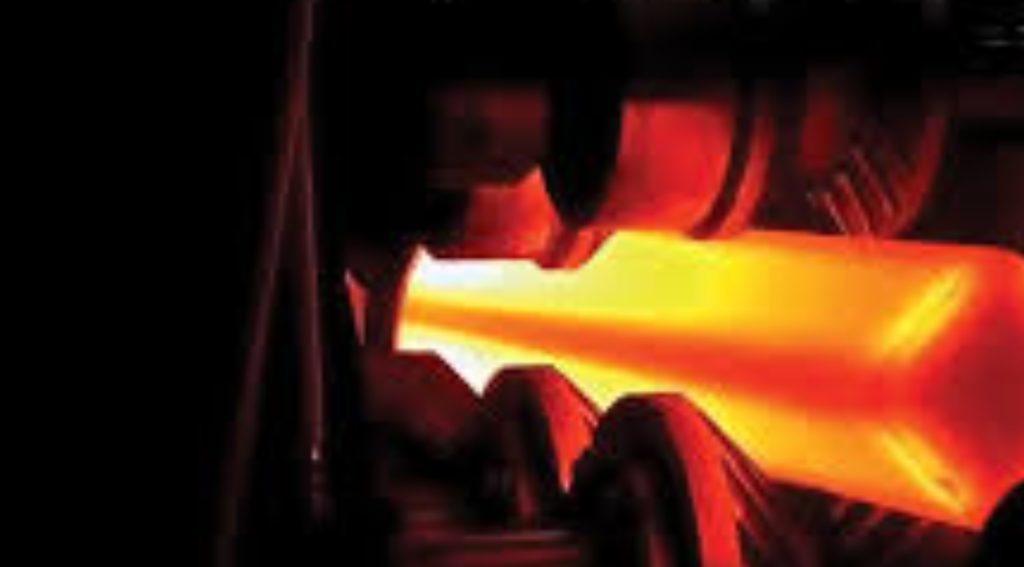The Kolhapur Foundry Cluster is piloting a first-of-its-kind collaborative decarbonization model for India’s MSME clusters, aiming to address the challenges posed by new global trade regulations like the Carbon Border Adjustment Mechanism (CBAM).
This initiative seeks to transform over 300 units, establishing itself as the first green MSME hub in India. By reducing the cluster’s carbon footprint, the project will improve its competitive edge in both domestic and international markets, ensuring future sustainability and global readiness.
This initiative is the result of a detailed pilot study on three foundry units—Ramkrishna Foundry Pvt Ltd, Mahalaxmi Ferro Cast Pvt Ltd, and Kohinoor Metallics—conducted by Asar Social Impact Advisors, in collaboration with the Institute of Indian Foundrymen (IIF) Kolhapur Chapter and the Centre of Excellence at IIM Nagpur. The study identified practical and cost-effective pathways for reducing emissions and preparing the cluster for a low-carbon future.
The project includes a report on energy and carbon assessments for MSMEs and aims to foster collaboration between foundry owners, policymakers, and financiers to facilitate the transition to low-carbon pathways for export readiness and environmental responsibility.
Key findings:
The study found that significant energy savings (9-45%) and reduced emissions are possible through simple, low-cost measures like optimizing energy management. More advanced technology upgrades, such as high-efficiency motors, also offer a quick return on investment with short payback periods.
The foundries in Kolhapur produce a substantial amount of castings annually (600,000 tonnes) for sectors including automotive and agriculture, and are a vital part of the region’s economy.
Expert opinions:
According to Vishwajeet Poojary, Lead, State Climate Action, Asar, and one of the report’s authors, “These findings form the technical foundation of the decarbonization model and demonstrate how MSME foundries can transition to cleaner operations through practical, step-by-step interventions.”
P. Shyam Sunder, Director of the Bureau of Energy Efficiency (BEE), indicated that the cluster could be part of the ADEETIE scheme, which provides assistance for deploying energy-efficient technologies. “MSMEs have opportunities for technology upgradation, skills, and innovation along with prototyping,” he said.












